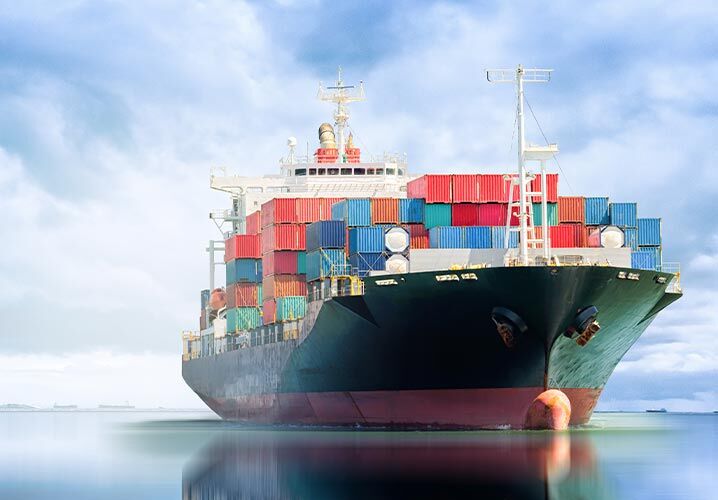
Trade policy as a risk factor
Trade policy measures like tariffs, subventions or taxes affect flows of goods. The consequences can be risky for companies. Effective risk management is all the more important in light of the fact that insurance solutions only exist to a limited extent here.
Donald Trump makes new announcements on Twitter on an almost daily basis. His trade policy decisions have become an incalculable risk. The current dispute over punitive tariffs is the best example of this. While China and the USA first began throwing punches at each other, the trade dispute had now spread to the EU as well.
How the trade dispute came about
Individual countries can introduce tariffs in certain circumstances in order to protect their domestic industries and markets. An example of when this may be appropriate is when impermissible subventions from third countries lead to ‘dumping prices’ in the domestic market. In general, however, the associated tariffs are only permitted on a temporary basis.
The ‘punitive tariffs’ employed now are about more than just protecting domestic industries. This is made clear by the products which are affected: The USA threw the first punch in this trade dispute when it levied tariffs on washing machines and solar energy systems from China. The Chinese are world market leaders in both of these industries. The USA primarily wants to increase pressure on China to effect internal economic reforms. These reforms include, for example, equal market access for foreign investors in China, the abolition of the joint venture requirement and the end of industrial espionage. China views these tariffs as an attack on its strategic growth. The trade conflict is getting in the way of Chinese plans to become the dominating force in ten important industrial fields of the future over the next ten years.
Later the USA decided to enforce further import tariffs on steel and aluminium. This was the first punch with tariffs that crossed over into EU territory. Both China and the EU responded with retaliatory tariffs on US goods.
Dr Alexander Skorna explains the effects of the trade dispute: ‘Global flows of trade will redistribute in the medium term because the USA is not able to meet domestic demand entirely through its own production network. At the same time, the single European market – one of the world’s largest markets overall – is currently hardly protected from foreign imports. Exports from China and the USA to the single European market would increase, and the result would be a stark drop in prices.’
German SMEs especially affected
Political risks are therefore not just limited to military wars and terrorism. Risks brought on by economic ambitions or changed legislation are also a factor. In addition to tariffs, contingents and subventions, domestic economic measures such as product standards or taxes can also become political risks for companies.
Trade policy measures represent enormous risks for an industrial nation like Germany with a strong SME sector. Funk risk management expert Dr Alexander Skorna explains: ‘While huge enterprises carry out their value-adding processes on a global scale, developments such as this dispute over punitive tariffs pose big challenges to German SMEs in particular. Production is still concentrated in Germany many times over, and like the German domestic market, the entire single European market is still very important for SMEs.’
Growing trade barriers and framework conditions that are turning unfavourable do affect planning security. In uncertain times, therefore, interest in protection from risks increases. But most insurance programmes are not designed for uncontrollable risks – like those triggered by a trade war: ‘In the case of tariffs, companies can find products on capital markets that protect the prices of raw materials and established agricultural products through selected hedging instruments,’ explains Dr Skorna. ‘Insurance solutions for political risks, however, only exist within very strict limits in terms of protection against price drops.’
For this reason it is all the more important for companies to have a clear picture of how trade policy measures may affect their liquidity and capitalisation. They should prepare for possible scenarios in a targeted way and implement measures to reduce risk.
With the ‘Funk political risk stress test’, companies can analyse the effects of different risk scenarios – such as a substantial price drop in core markets. ‘Preventative measures such as the development of contingency and crisis plans should also be added to the risk management mix,’ advises Dr Skorna.
12.07.2020
Your point of contact


